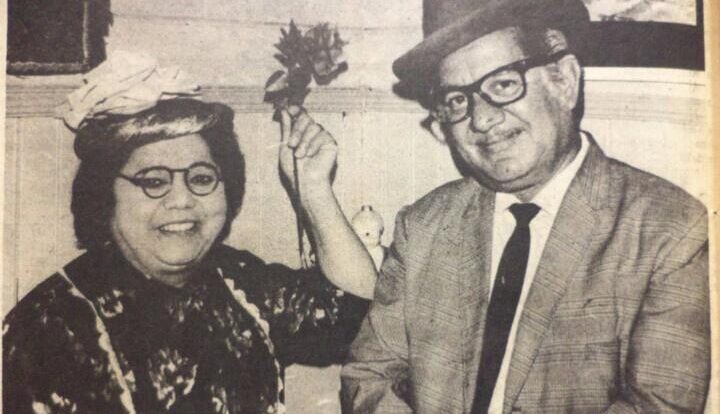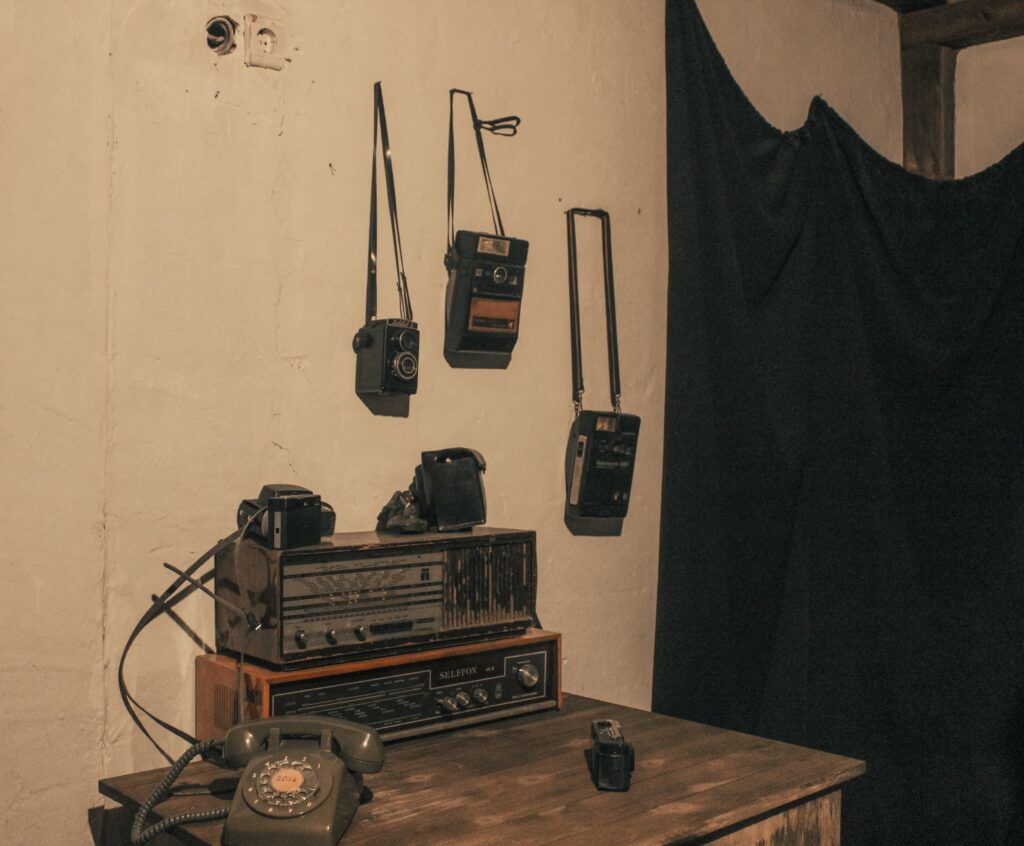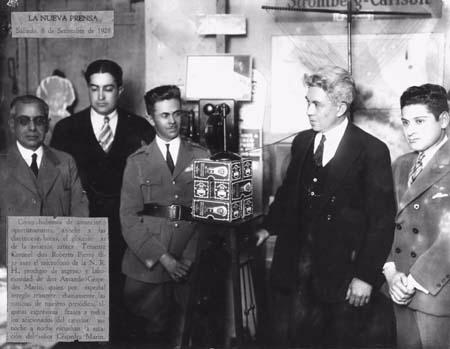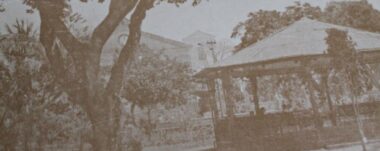World Radio Day and its Cultural Impact in the World

Today, February 13, World Radio Day was commemorated and in honor of this, it is important to briefly review the history of one of the media with the greatest cultural impact in the world. This day has been celebrated since 2012, when it was declared by UNESCO and has been given a different theme each year; this year, in particular, it was celebrated under the slogan “Radio And Peace”.
The birth of the media
Radio is a popular media of massive communication whose use dates back to the end of the 19th century, its popularity, however, exploded in the 1920s and since then it has been an indispensable tool in the daily lives of many people.

Radio was invented by the Italian Guglielmo Marconi in 1895. Marconi had studied wireless telegraphy (i.e. without the need for wires) and developed a system for transmitting signals through the air. In 1895, he transmitted a message over a distance of a few kilometers and subsequently increased the distance to cross the Atlantic in 1901.
The commercial use of radio began to develop in the 1910s, when some companies began broadcasting music and news programs. The popularity of radio grew rapidly, and by 1920 it was estimated that there were more than 500 radio stations in the United States alone.
The radio saving lives
From the beginning, radio has been used to communicate important messages, including distress calls. One of the most famous was the S.O.S launched by the Titanic in 1912, which was unexpectedly picked up by radio amateurs.
Although during the two world wars this medium was of vital importance, during the Second World War, radio played a very important role in the dissemination of information and in the morale of the troops and the population in general.
In Costa Rica

The history of radio in Costa Rica begins in the 1920s, when the first radio stations were established in the country. However, experimentation with radio in the country had already begun in the 1910s, when Professor Fidel Tristán sent a message from the Colegio Superior de Señoritas to the Escuela Normal in Heredia (approximately 12 kilometers away).
The first radio station in Costa Rica (and Latin America) was “La Voz de Costa Rica”, founded in 1921 by the now-meritorious Armando Céspedes. The station broadcast music and news programs and quickly became a popular medium among Costa Ricans in the Central Valley.
Throughout the 1930s and 1940s, radio in Costa Rica continued to evolve and adapt to technological changes. It was in 1950 when the arrival of television in the country marked the real competition for radio stations, which even so have been able to cope successfully. Adapting and surviving also to changes such as compact discs or streaming services.
In conclusion, radio has had a significant impact on culture worldwide since its emergence and has been, since then, the most important medium for the dissemination of music, entertainment, news, politics and the preservation of culture. And by adapting daily to new changes, rather than being undermined or disappearing, radio has managed to remain an important medium for communication and information dissemination in today’s society.
Omar Rodríguez for Sensorial Sunsets
Navigate articles




